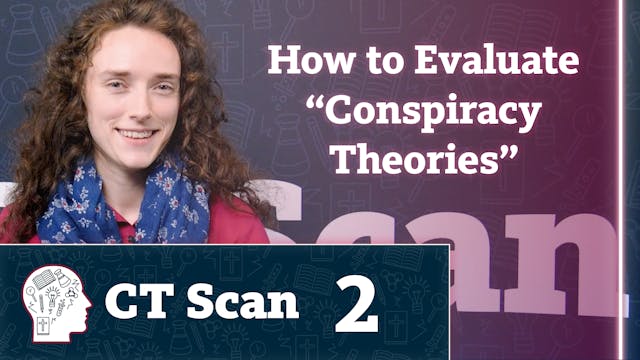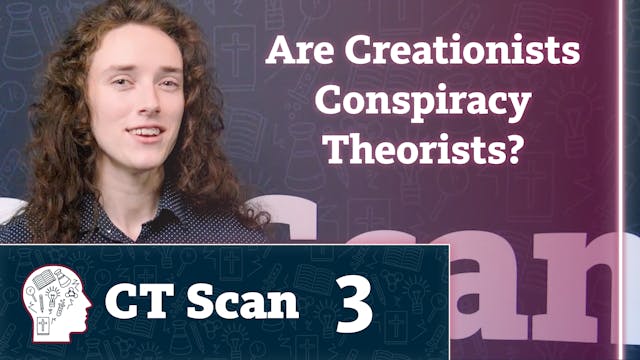Are conspiracy theories technically even theories? Instead of being theories in the scientific sense, conspiracy theories usually revolve around unproven conjectures. Still, not everything labeled a conspiracy theory is necessarily false. Let's begin investigating how to think critically about conspiracy messages, as discerning between real and imagined scenarios is becoming ever more relevant in today's culture.
Up Next in S15: Conspiracy Theories
-
How to Evaluate Conspiracy Theories‚
In a world where conspiracy theories abound, how can we discern what's trueand what's not? The answer lies in a little biblical critical thinking. Here's how to apply the 7 Checks of Critical Thinking to make a careful, informed evaluation of any conspiracy theory.‚
-
Are Creationists Conspiracy Theorists?
Is biblical creation a conspiracy theory? Popular cultureand even some researcherssay so. In fact, one research team concluded that not only can all creationists be called conspiracy theorists, but all conspiracy theorists can be called creationists!‚ Is that true? Let's think about it.
-
Evaluating Explanations (Part 1)
If different explanations can account for the same phenomena, how can you tell which one is most likely true? That's where a type of argument called inference to the best explanation comes in. Let's see what these arguments can (and can't) do, unpack what explanations are, and unearth the first t...



